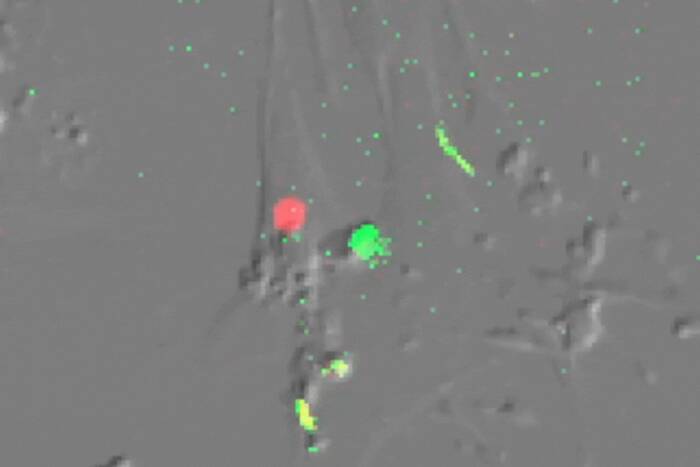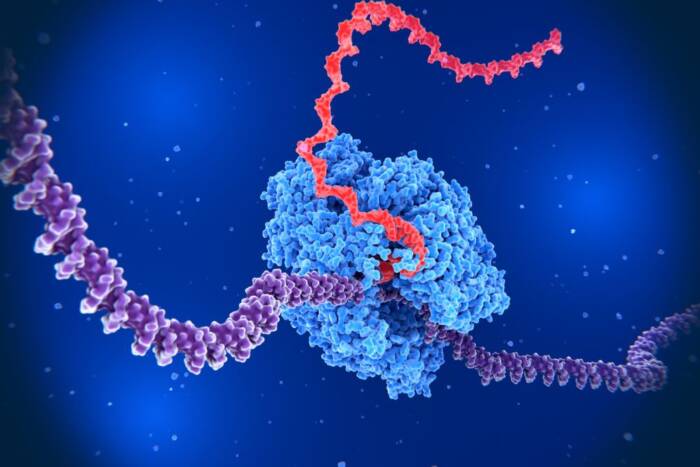New evidence that SARS cripples the immune system
Researchers at the Aaron Diamond AIDS Research Center (ADARC) at Rockefeller University were deeply involved in AIDS research in China when the SARS epidemic broke out in 2003. With their extensive virology background and their knowledge of the country and its government, it was only natural that David Ho, scientific director of ADARC and Irene Diamond Professor at Rockefeller University, and his colleagues direct their attention toward the rapidly spreading virus.
Although the outbreak has now passed, Ho and others at ADARC, including associate professor Linqi Zhang, are working to untangle the secrets of SARS even as they try to create a vaccine that will stop it in its tracks. Building on vaccine results the group published earlier this year, Zhang and his colleagues just published a paper in this month’s issue of the Journal of Medical Virology in which they took a close look at the immune response of SARS patients to better understand why some died while others didn’t. They examined blood samples from three people who survived the disease and three who succumbed, and found that the two groups had distinctly different immune profiles: As SARS progressed, the patients who survived sustained high levels of neutralizing antibodies—molecules that protect against infection by binding to a virus and thus prevent it from entering a cell. Those who died showed neutralizing antibody levels that began to increase and then plummeted back down to pre-disease levels.
“This tells us that their immune system somehow crashed, especially the antibody-producing cells,” says Zhiwei Chen, assistant professor at ADARC and one of the paper’s authors. “It means that antibody response is important to survival.” The patients who died did so because they couldn’t control the virus: either their immune systems were too exhausted to produce the antibodies, or the virus somehow prevented them from doing their job.
This data correlates with a paper that Chen, Zhang, and others at ADARC published in March, which showed that an experimental SARS vaccine stimulated the production of neutralizing antibodies in a variety of animals. When those animals were then challenged with SARS four weeks after the vaccination, they were able to prevent proliferation of the virus. “This suggests that neutralizing antibody response is one of the crucial parameters for survival,” Zhang says.
Based on their and others’ findings, the group is now prepared to test their vaccine on humans and is waiting for China to approve the trials. “You never know when the next epidemic will come, and you have to prepare for that possibility,” says Chen, who just received an NIH grant to further investigate how the SARS virus infects its host.
Journal of Medical Virology 78(1): 1-8 (2006)(opens in new window)


